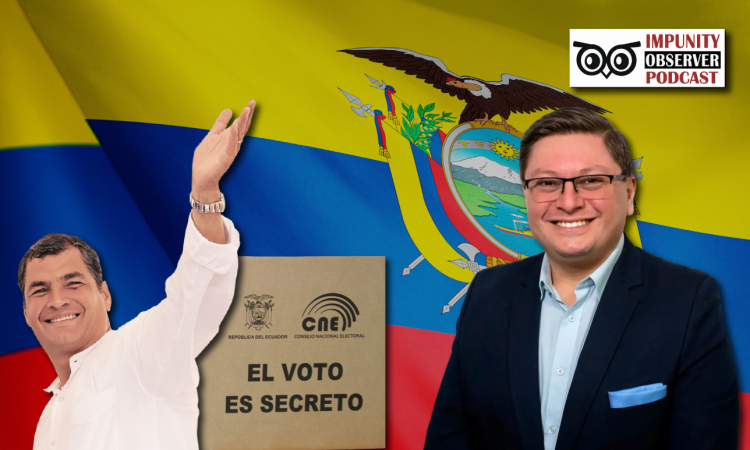IO Podcast|Episode 18
Listen on Apple Podcasts | Watch on BitChute
Mauricio Alarcón-Salvador—the executive director of the Foundation for Citizenship and Development (FCD)—explains why Ecuadorians rejected President Guillermo Lasso’s referendum in the February 5 elections. It included proposals to allow the extradition of Ecuadorian drug traffickers and to reduce congressmen from 137 to 121. He also contends that Correísmo has become the largest political force in the country after the elections.
Due to nationwide discontent, Alarcón-Salvador fears Lasso might not be able to finish his term, which is supposed to end in 2025. For Alarcón-Salvador, the Lasso administration will continue to face a governability crisis for its remaining years in power. He adds that the increase in electoral violence directly correlates with the exponential growth of narcopolitics in Ecuador.
Recommended Links
- Follow Alarcón-Salvador on Twitter.
- Visit the Foundation for Citizenship and Development.
- “The Smell of Chinese Funding in Ecuador’s Institutions,” Impunity Observer.
 Join us in our mission to foster positive relations between the United States and Latin America through independent journalism.
Join us in our mission to foster positive relations between the United States and Latin America through independent journalism.
As we improve our quality and deepen our coverage, we wish to make the Impunity Observer financially sustainable and reader-oriented. In return, we ask that you show your support in the form of subscriptions.
Non-subscribers can read up to six articles per month. Subscribe here.



